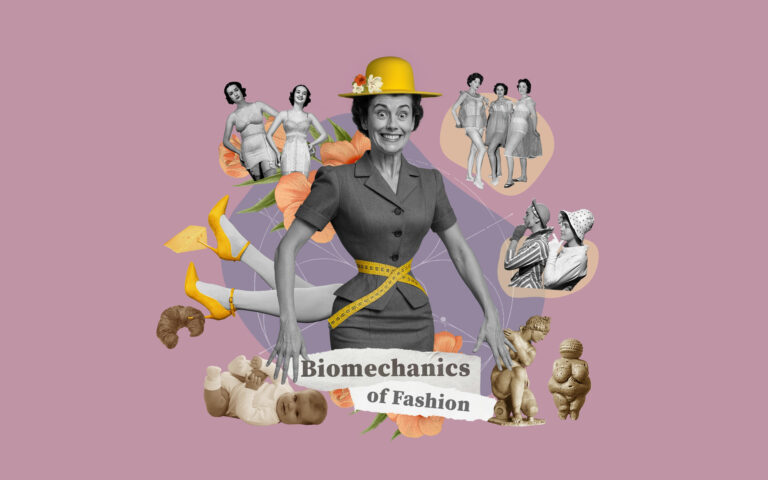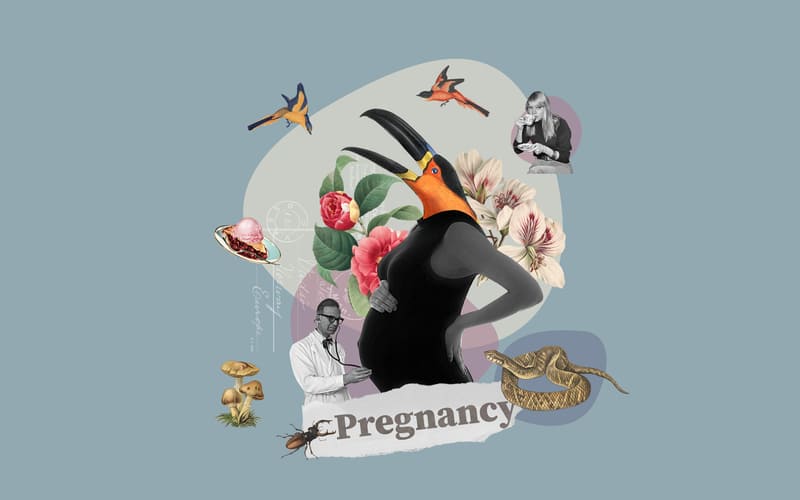Let’s talk about contraception!
Contraceptive methods postpartum are often overlooked subjects that persist, especially when the family-planning is completed. While there are numerous contraceptive options available for women, such as the contraceptive pill, the hormonal coil (IUD), hormone implants, or sterilization—which involves a significant surgical procedure for women and may have hormonal effects—there is a lack of discussion surrounding contraceptive methods for men.
One such option, vasectomy, is often overshadowed despite its simplicity and low risk. In fact, unlike some female contraceptive methods, vasectomy involves a minor procedure. My husband’s recent decision to undergo a vasectomy inspired us to explore the topic further by posing 10 questions about his experience with the procedure.
What is a vasectomy?
A vasectomy is a surgical procedure for male sterilization or permanent contraception. It involves cutting or blocking the vas deferens, the tubes that carry sperm from the testicles, to prevent sperm from reaching the semen ejaculated from the penis during ejaculation.
10 Taboo Questions about Vasectomy – Interview with Rob
1. Why did you decide to have a vasectomy?
My wife and I had completed our family planning with two healthy and happy children. Since it was clear to me that I will never want to have children with another woman, I thought vasectomy is a reasonable solution. The contraceptive methods for the man (condoms) were out of the question for us. All other contraceptive methods for women are too unsafe unless they involve serious interventions in the woman’s hormone balance or body.
2. What steps did you take?
I had conversations with other men about contraceptive methods in recent years, and I consistently heard positive feedback about vasectomy. Subsequently, I conducted further research on the Internet to gather more information.
3. Did the doctor ask you any questions regarding your decision?
Yes, the doctor inquired whether my decision was influenced by my wife or a legal advisor. Additionally, I was asked if I was sure I didn’t want to have more children, emphasising the irreversible nature of the procedure, highlighting that restoring fertility would involve major surgery.
4. How did the procedure go?
The procedure went surprisingly smoothly and was relatively quick. A screen was put up. A small area on the scrotum was then briefly anesthetized with ice spray and an incision of a few millimeters was made. I did not experienced much pain, with the ice spray being the most discomforting part. The spermatic cords were then anesthetized, cut, slightly shortened, and sealed. I felt two brief twinges in the testicle area, akin to the sensation of pinching the testicles, but it was more of a slight pulling sensation than pain.
The entire procedure, including preparation and recovery, took less than ten minutes. It was like a dental visit, where anticipation of pain is often greater than the discomfort experienced. I called my wife before and after the procedure. The brevity between the phone calls—only ten minutes apart—led her to believe the appointment might have been canceled or rescheduled. She was so surprise when I assured her that everything had gone smoothly.
5. How did you feel after the procedure?
After the procedure, I was amazed at how quickly everything went and how little pain was associated with it. I had to be somewhat cautious for a few days afterward to allow the small wound to heal. Over the course of two weeks, my scrotum displayed various colors of the rainbow as the wound healed. Fortunately, there were no complications during the healing process, although I experienced some sensitivity during the initial days. However, this gradually subsided over time. The healing process was similar to that of any other small cut through the skin, taking about two to three weeks for everything to heal well. After a month, there was no longer any visible sign of the procedure.
6. Does the vasectomy have an effect on your sexual sensation?
No, there is no impact on sexual sensation. Everything remains unchanged from before the procedure. There are no alterations to hormone balance or sexual sensation; only the pathway for sperm has been interrupted.
7. Can you still ejaculate?
Yes, ejaculation still functions normally. However, the volume of ejaculate is significantly reduced, approximately to about 20% of the original amount.
8. What should be considered before the vasectomy procedure?
It’s important to have clarity regarding whether you still want to have children before undergoing the procedure. Additionally, it’s advisable to avoid lifting heavy weights or riding a bike for about a month after the procedure. Otherwise, post-procedure, everything remains the same as before, with the exception of a reduction in ejaculate volume.
9. Can the vasectomy be reversed?
Yes, the vasectomy can be reversed through an operation where the spermatic cords are reconnected. However, this procedure requires a general anesthetic. While it is possible, it’s important to note that it should not be considered as part of the initial plan. Nevertheless, compared to female sterilization, this procedure would be relatively straightforward.
10. Do you regret the decision?
Three years post-procedure, I can confidently say that I have no regrets about my decision. Compared to other contraceptive methods, the procedure was remarkably easy. There are no hormonal side effects, no mood swings, no reliance on condoms, and, most importantly, it’s considered one of the safest contraceptive methods available.
Have you undergone a vasectomy procedure yourself, or do you know someone who has? Perhaps you have valuable insights or experiences that haven’t been covered in this article. We’d love to hear from you! Share your thoughts, questions, or personal stories about vasectomy in the comments below. Your contribution could provide valuable support and information to others considering this option for contraception. Let’s continue the conversation and support each other on this important topic.
Related article: Postpartum Sex? – Sex on your own timeline
Further reading :
- What is vasectomy by Planned Parenthood
- Vasectomy by Mayo Clinic
- Vasectomy procedure – Video by Mayo Clinic
Did you like this article?

Meet the Author
Julia Kolbe, co-founder of No Taboo Mom, is a Berliner, psychiatric nurse, medical instructor, wife, and mom of two girls. She holds a Master’s degree in Health, Nursing, and Medical Education with a focus on Nursing Pedagogy, equipping her to bridge professional care and education with real-life experience. Working in German healthcare, she saw firsthand the gaps in addressing women’s well-being, particularly during pregnancy and motherhood. These experiences inspired her to take action and advocate for a more holistic and compassionate approach to women’s health. “No Taboo Mom is about breaking the silence and fostering honest conversations. By sharing our stories, we empower women to navigate the unspoken challenges of womanhood and motherhood with strength and solidarity.













